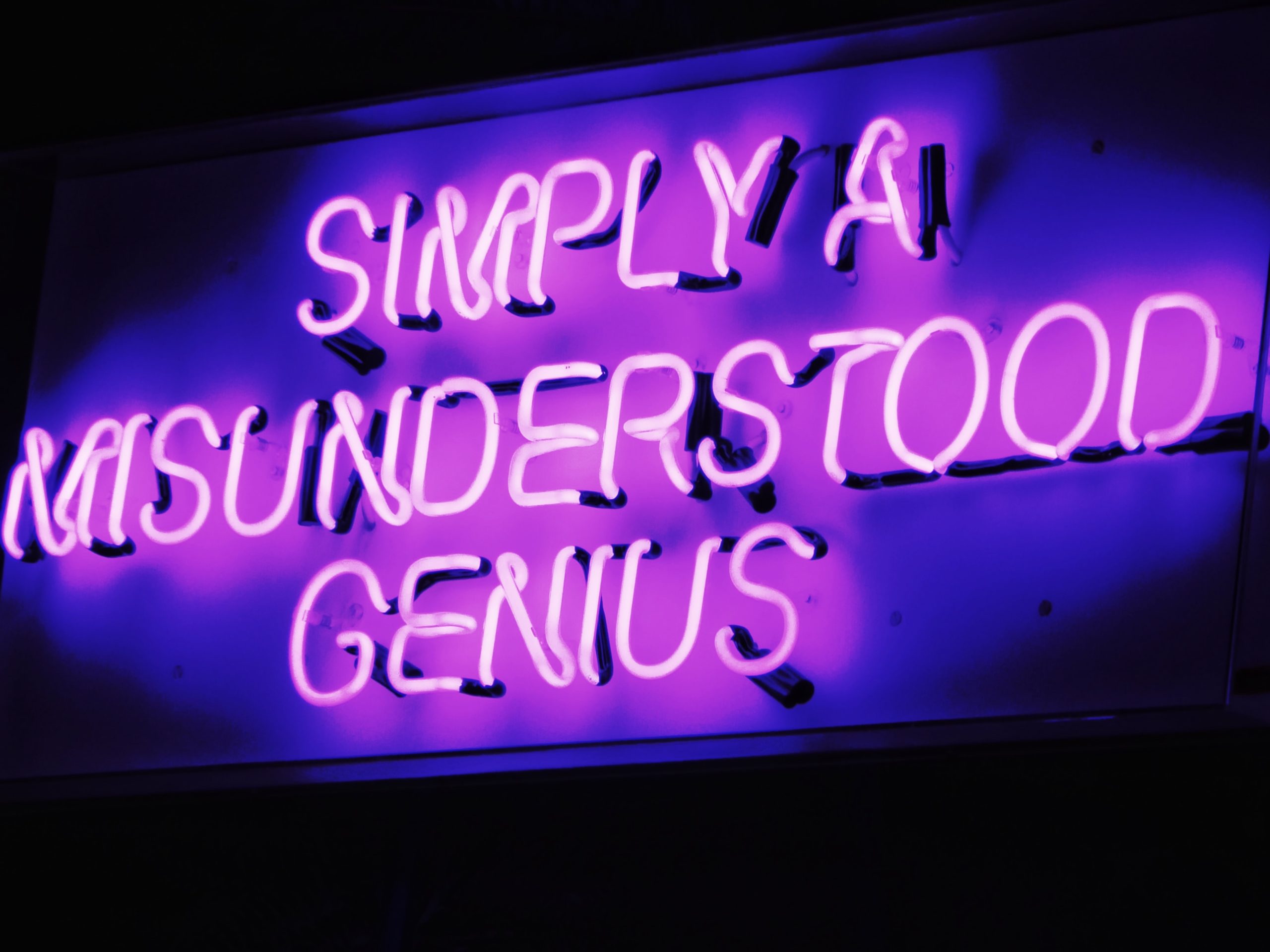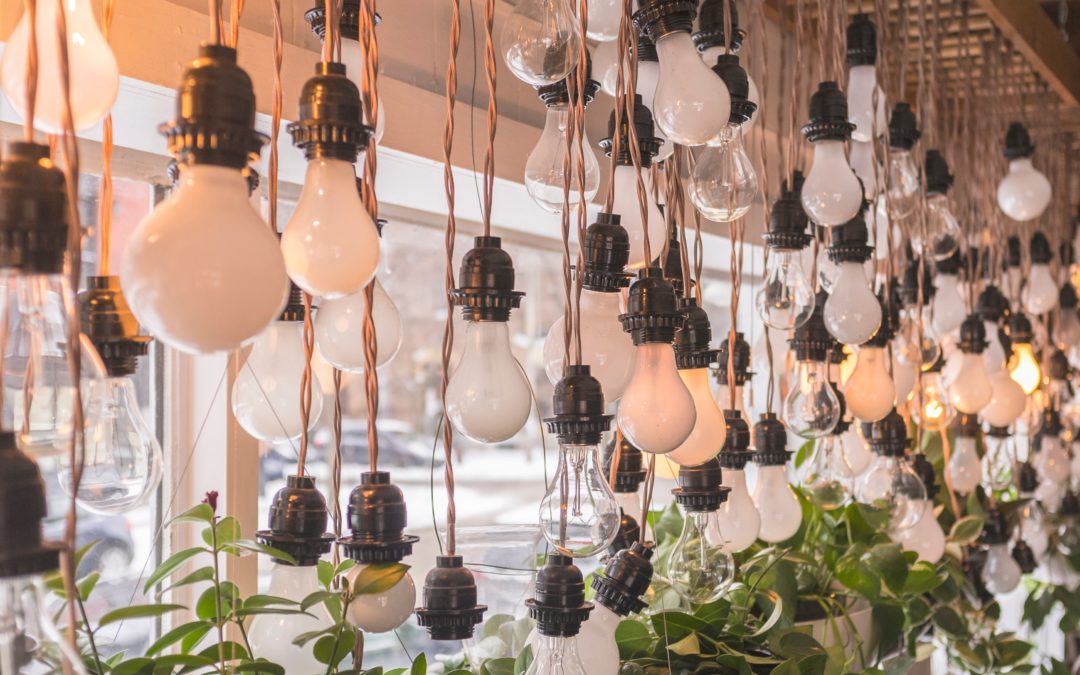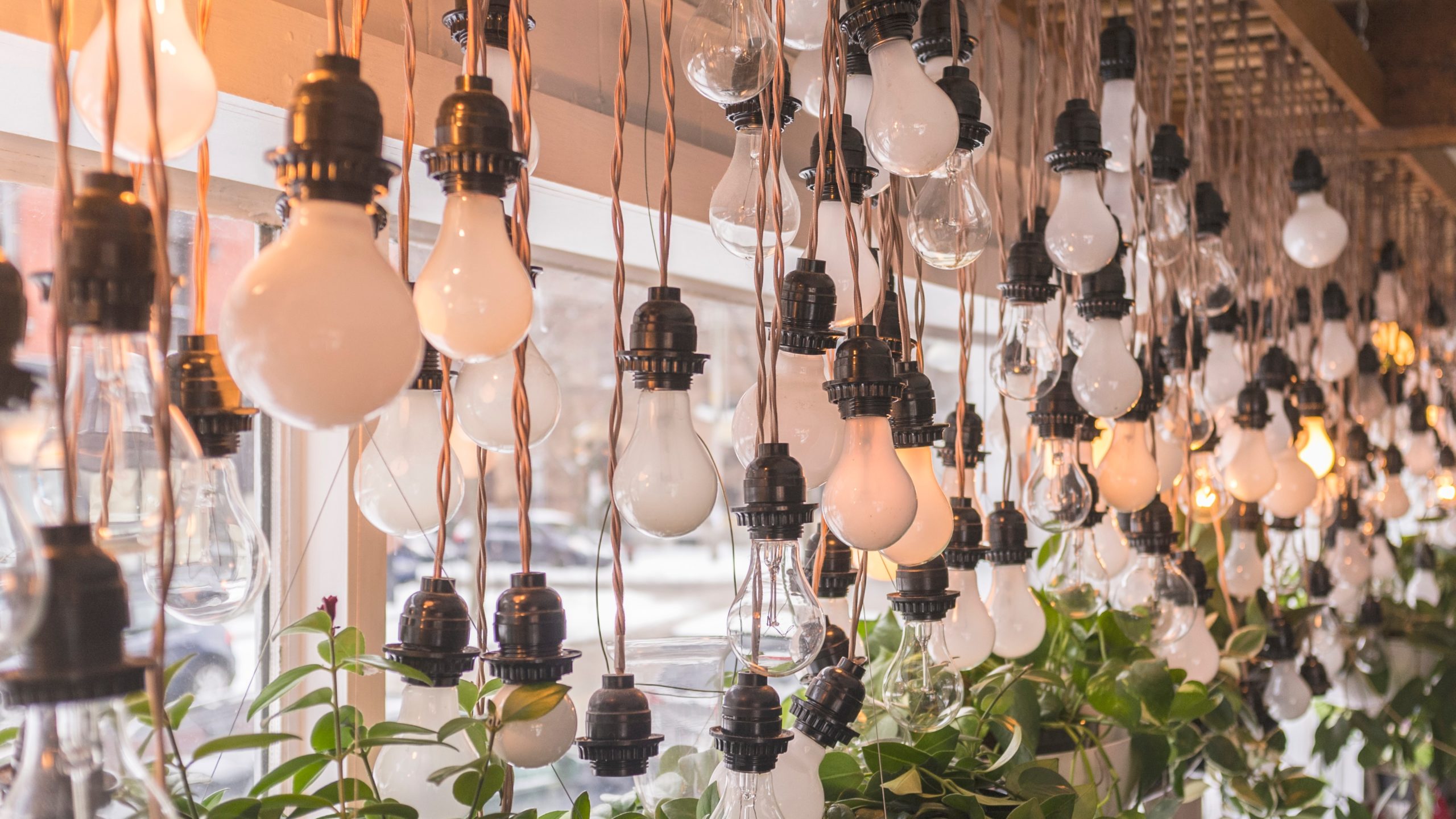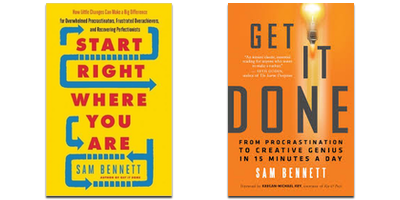
Finding Your Zone of Creative Genius

First, let’s un-collapse the words “artistic” and “creative,” because they are not the same thing. And the conflation has led to a massive misunderstanding of the true nature of creativity.
Here’s the thing: everyone has some area of creative genius. Because we are tribal animals, designed to live in groups, there is a natural distribution of interests, skills and talents. Which is sort of magic, if you think about it. I mean, just imagine that you are back in cave-dwelling days – someone would be the healer, and someone would tend the children. Someone would be good at working with their hands, and someone else would be the one who always wants to go exploring off into the far lands. Every group forms a complete society based on the fact that everyone is good at something.
Whatever area you would be naturally inclined toward is an indication of your zone of creative genius.
Because your area of creative genius is so much a part of you, it can sometimes be hard to discern, so here are a few other clues:
- You have a natural interest in your zone of creative genius. You find yourself watching shows, reading books and spending endless hours online digging into this area. It might seem weird to you that other people aren’t so interested in it. If there’s a convention for it, you might wish you could go.
- You have a natural talent in your zone of creative genius. You don’t know how instinctively understand this area – you just know. Your natural aptitude may surprise others, and you’re probably surprised that other people don’t share your inborn talent.
- You have an inexhaustible enthusiasm for your zone of creative genius. If someone shook you awake at 3am, whispering, “Hey – we’re going to go do XYZ – wanna come with?” you would immediately get up and start looking for your shoes.
- Others defer to your authority in your zone of creative genius. If you’re the one everyone turns to when it’s time to plan the party, or design the garden, or build the addition, or map the route or clear up the miscommunication, then you have become the designated authority in your area. Congratulations. You may not think of yourself as an expert, but everyone else does.
- And most significantly, You have a natural ability to problem-solve in your zone of creative genius. In fact, problem-solving doesn’t even feel like problem-solving when you are in your zone. It just feels like fun – and time flies when you are having creative fun. Figuring out how to feed a houseful of people with limited supplies, or figuring out not-dumb team-building activities, or building a better mousetrap offers you a welcome challenge and a chance to experiment, and the hours zip by while you tinker.
You may have discounted your zone of creative genius as just a hobby or pastime, but because of the way you get into a “flow state,” there’s quite a bit more going on. You are engaging the most powerful aspect of your brain’s power, and the ideas/things you create are probably quite a bit more valuable than you might realize.
You may have been taught to discount the things that come easily to you. I remember the disapproval of my parents when I didn’t do well in Calculus and French while getting excellent grades in English and Drama. There was this, “Well, of COURSE you got good grades in those things,” attitude. It seemed that only success in the subjects that were hard for me had merit. While I do believe we should work hard at the subjects in which we are out of our comfort zone, we should reward people for their natural aptitude, and encourage them to go even deeper.
NOTE: If you find that you possess MULTIPLE areas of creative genius and that you are naturally good at a lot of things, you may be one of the 10-15% of the population that qualifies as a Highly Creative Person.
Find your creativity quotient HERE with this easy, fun quiz.
Start noticing the “un-earned and un-learned” talents and abilities you – and others – possess, and see how you can maximize them today.
P.S. Highly Creative People, or "HCP's" as I like to call us, are the most underutilized resource on the planet. Together we can change that because the world needs our unique talents and genius, and there's no time to waste.








